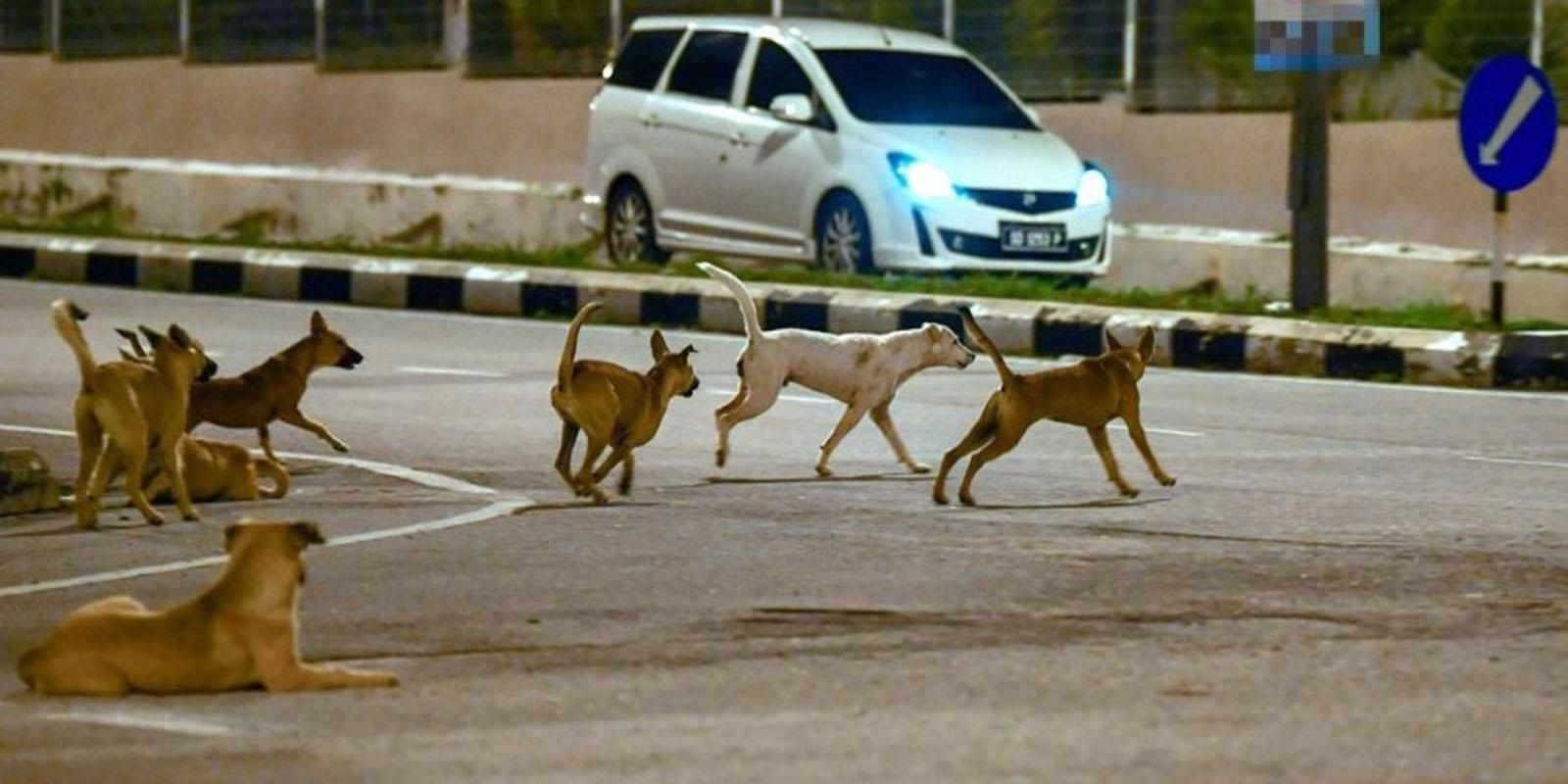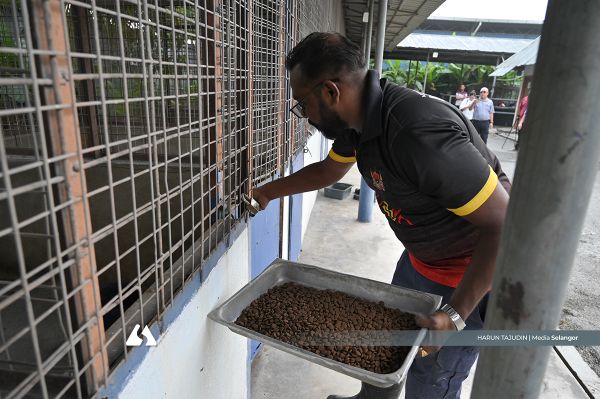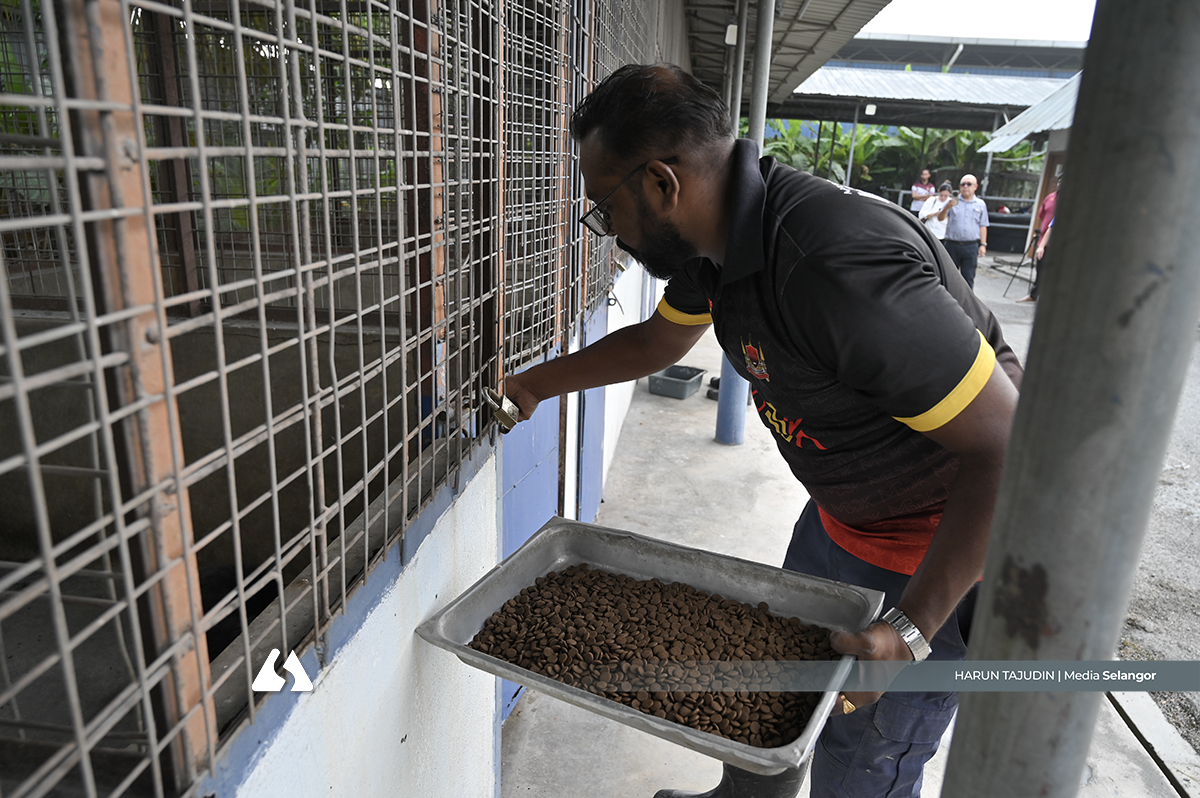SHAH ALAM, Oct 16 — The issue of stray animals is becoming increasingly concerning, as dogs and cats roaming the streets not only pose public safety risks but also contribute to hygiene problems.
Public complaints to the local authorities continue to rise each year. In Klang alone, the Klang Royal City Council (MBDK) receives between 200 and 300 reports a month related to stray animals.
Traditional methods of capturing and housing animals in temporary shelters have proven ineffective in controlling breeding rates and have also drawn objections from animal welfare groups and advocates. In balancing public safety, environmental health, and animal welfare, the local authorities face dual challenges: limited resources and public perception.
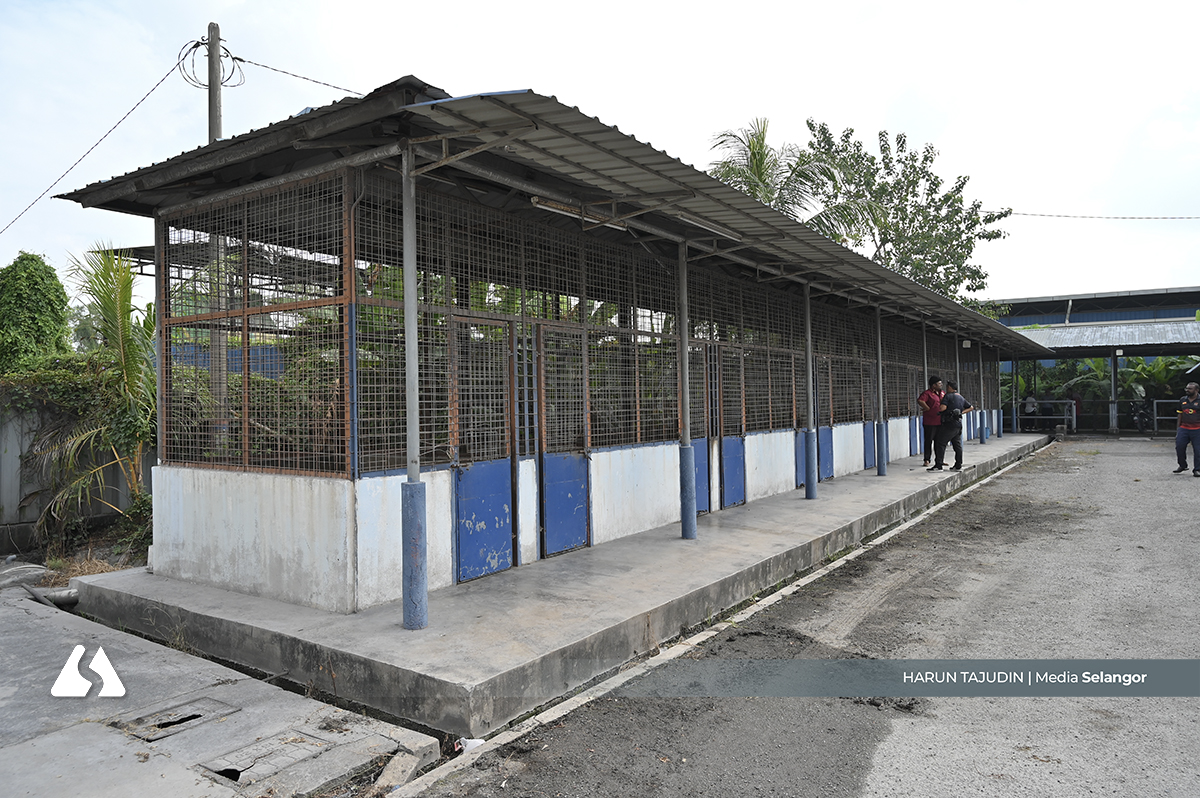
MBDK transit centre overcrowded, Klang plans larger shelter
The MBDK stray animal transit centre, which has been operating for nearly 20 years, currently houses around 30 dogs awaiting further action, including those involved in biting incidents.
MBDK Councillor Lee Fu Haw said the stray animal problem is a nationwide issue stemming from poor food waste management and uncontrolled public feeding.
“Feeding out of compassion is not wrong, but without neutering, it only accelerates breeding,” he said.
The council captures between 100 and 200 stray dogs each month, but such operations require significant costs and manpower.
“Each animal is held for 14 days to allow for owner claims or adoption before further action is taken in accordance with procedure,” Lee said.
MBDK plans to build a new six-acre animal shelter in Pulau Indah, complete with an open activity zone and a neutering centre to support the Trap-Neuter-Release (TNR) programme. The project is expected to be completed within two years.
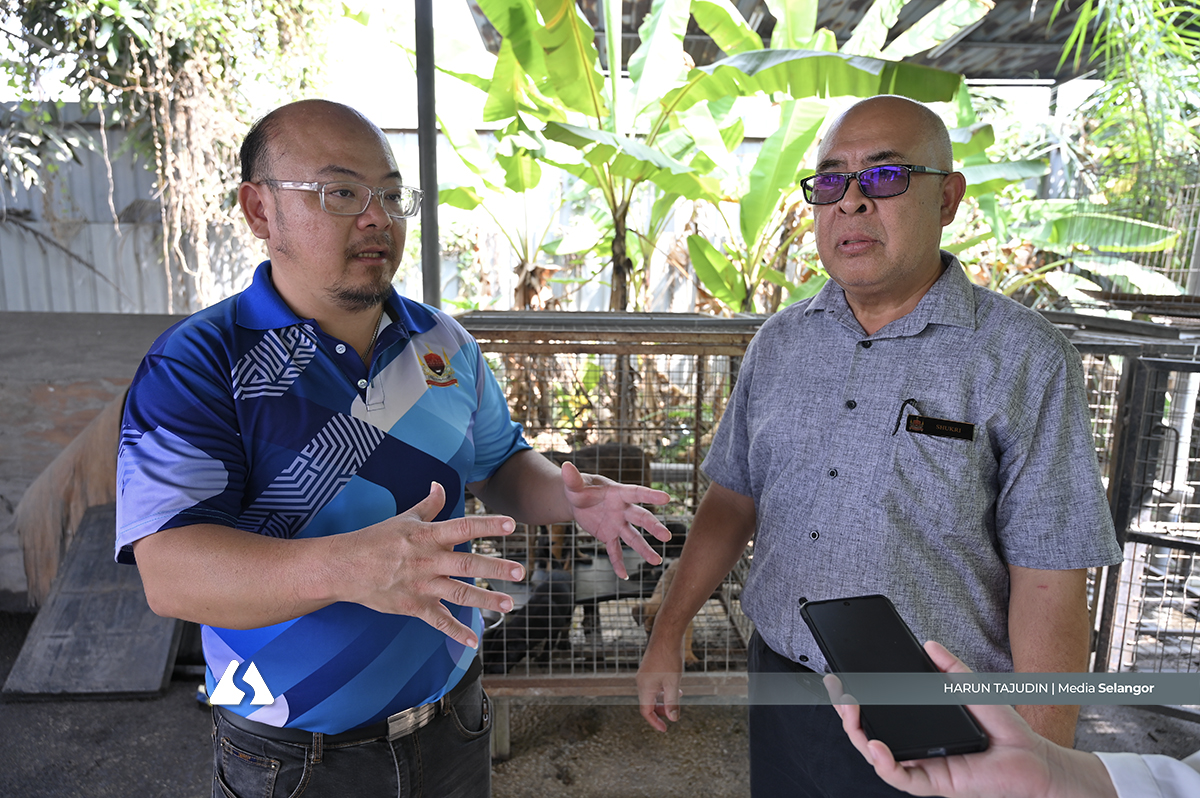
With only seven personnel, 300 monthly complaints prove difficult to handle
MBDK Health Department Director Mohamad Shukri Abd Majid acknowledged that the stray animal operations team is short-staffed.
“We only have two operation teams with seven members covering the entire Klang area. We receive almost 300 complaints every month,” he said.
Most complaints involve public safety concerns, including dogs chasing children, biting incidents, and disturbances in residential areas.
Despite the limited resources, MBDK not only conducts capture operations but also collaborates with communities and non-governmental organisations (NGO) on neutering campaigns to control the stray animal population.
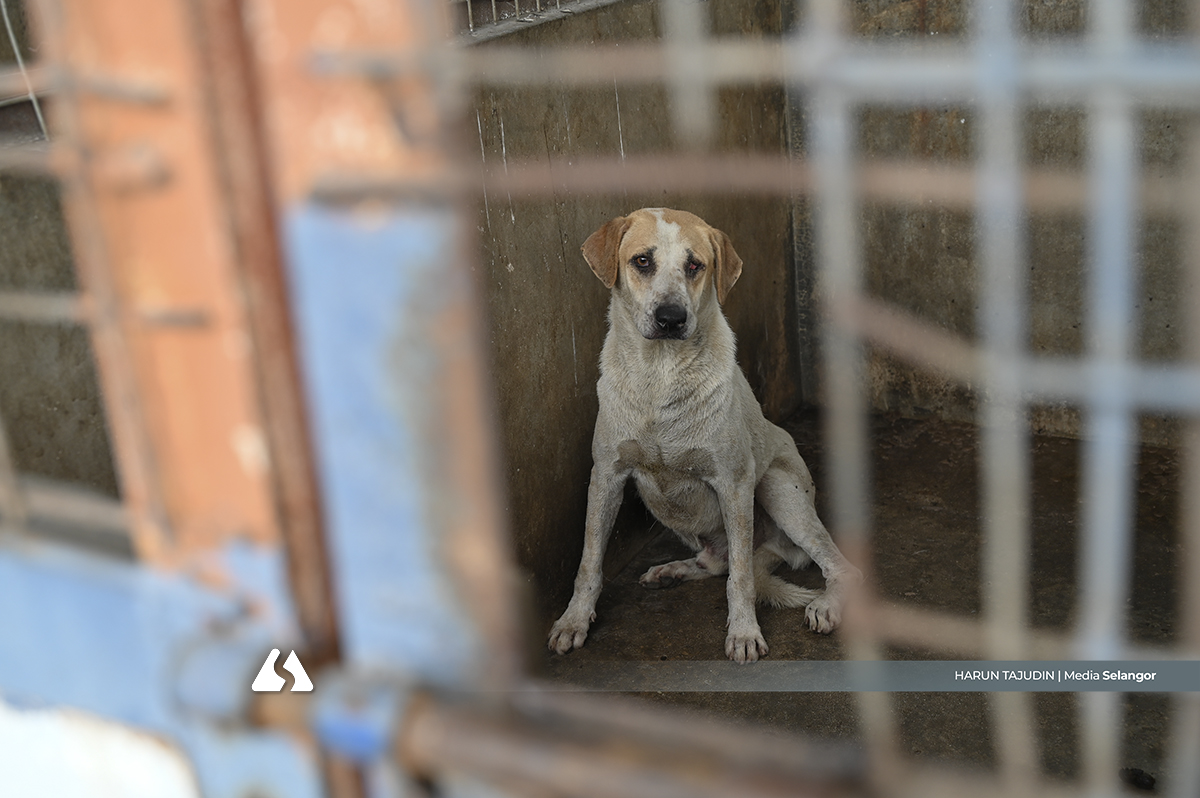
Kuala Langat pioneers TNR Programme, MPKL builds RM1.92m shelter
In Kuala Langat, the Kuala Langat Municipal Council (MPKL) became the first local authority in Selangor to officially implement the TNR programme last year.
MPKL Councillor Ang Lee Yong said the programme was launched to tackle the severe issue of stray animal breeding, but the challenges remain considerable.
“Today we neuter 50 dogs, and not long after, another 100 appear. The breeding rate is unbelievably fast,” she said.
MPKL has built a new RM1.92 million animal shelter in Banting to replace the old, cramped facility. Here, captured dogs are trapped, neutered, tagged, and released back to their original locations.

High costs and social responsibility pose major challenges
Ang added that neutering a single dog costs between RM200 and RM300, excluding food, electricity, and caretaker expenses.
“If NGOs can collaborate to offer lower neutering costs, more stray animals could be managed through the TNR approach," she said.
The councillor emphasised that uncontrolled feeding is one of the key reasons stray populations continue to rise.
“If you love animals, do not just feed them. Take them in, neuter them, and get them registered,” Ang said.
She also called for stronger community cooperation and more straightforward state guidelines to ensure every local authority manages stray animal issues systematically and humanely.
